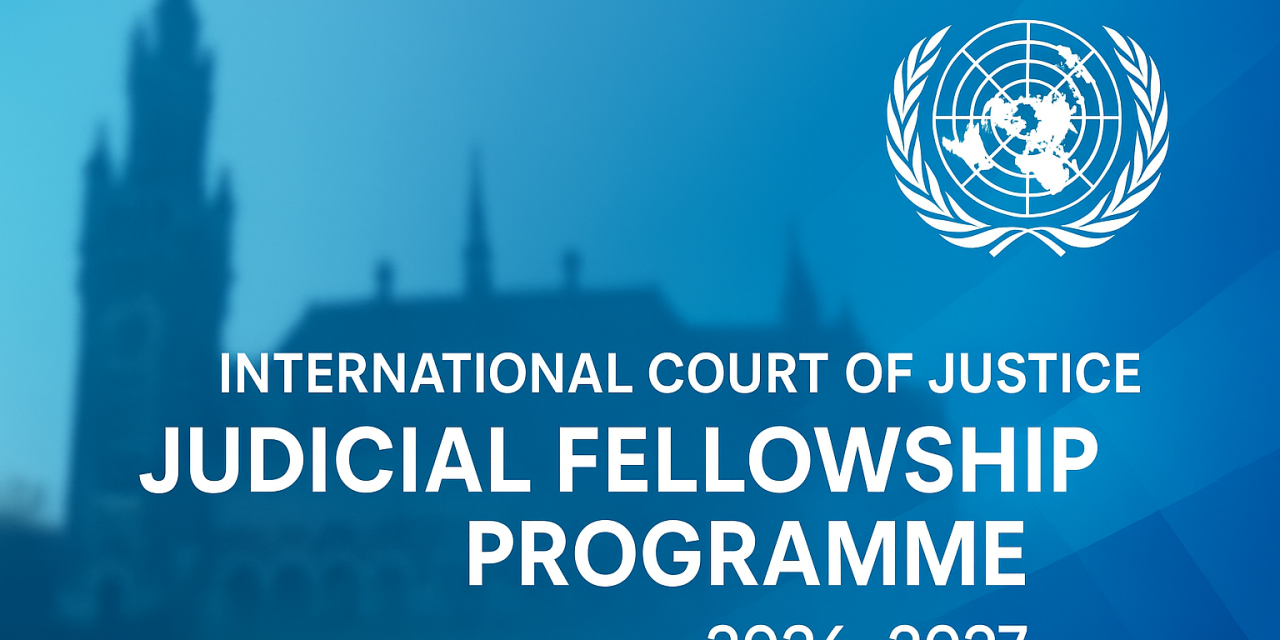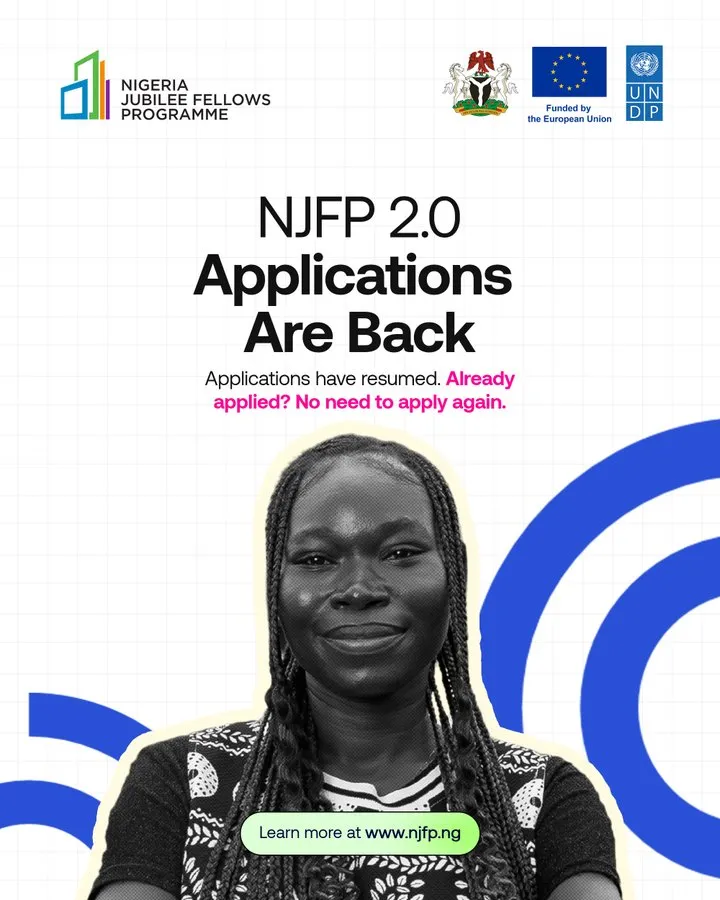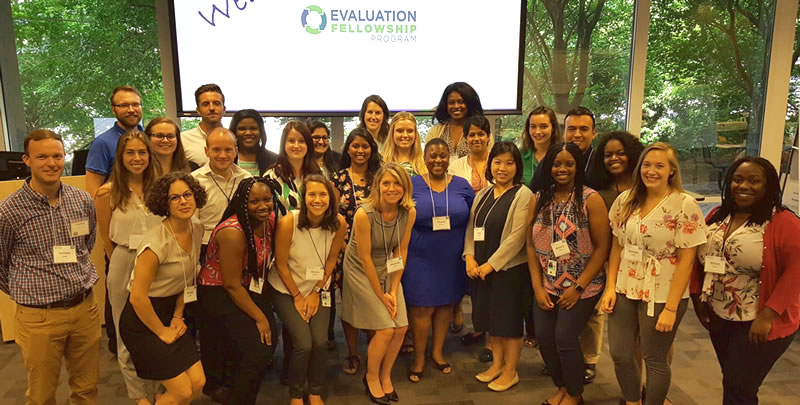Deadline: February 2026
The Judicial Fellowship Programme offers a life-changing opportunity for recent law graduates who want to deepen their understanding of public international law and gain first-hand experience at the International Court of Justice (ICJ). Initially established in 1999 as the University Traineeship Programme, this prestigious fellowship allows talented young lawyers to work directly with ICJ judges and legal assistants in The Hague. For those aspiring to careers in diplomacy, academia, or global law, this program provides unmatched practical exposure to how international justice truly works.
Experience Law in Action at the ICJ
Participants in the Judicial Fellowship Programme work full-time under the supervision of a Member of the Court. They assist with legal research, draft memorandums, analyze international cases, and attend official hearings and deliberations.
This experience not only sharpens research and writing skills but also builds a profound understanding of how international legal systems function in real time. Fellows learn from some of the world’s most distinguished judges and become part of the ICJ’s mission to promote peace and justice through law.
The fellowship lasts approximately 10 months, from early September to June of the following year. Each year, the Court selects about 15 participants nominated by universities worldwide.
Expanding Opportunities Through the Trust Fund
To make the Judicial Fellowship Program more inclusive, the United Nations established a trust fund in 2021, following General Assembly resolution 75/12. This fund supports candidates from developing countries, ensuring that financial constraints never limit participation. The awards cover fellowship expenses for candidates who are both nationals of, and graduates from, universities in developing nations.
Eligibility and Selection Criteria
To qualify for the Judicial Fellowship Programme, candidates must:
- Be 31 years old or younger at the start of the fellowship (exceptions may apply).
- Demonstrate academic excellence in legal studies.
- Show clear interest in public international law, proven through coursework, publications, or professional experience.
- Have excellent written and spoken English or French, with working knowledge of the other language considered an advantage.
Importantly, only universities can nominate candidates. The ICJ does not accept direct individual applications. Universities may nominate one or more qualified students for consideration.
Required Application Documents
Each nominated candidate must submit the following through their university’s focal point:
- Official letter of nomination from the university
- ICJ personal history form
- Two or more letters of reference
- Certified academic transcripts
- Writing sample (legal research or analysis)
- Completed candidate profile summary table
For detailed guidance on document submission, universities can refer to the FAQ page of the Judicial Fellowship Programme and Trust Fund on the ICJ website.
Why Apply for the Judicial Fellowship Programme
This fellowship offers more than a resume boost; it’s a gateway to a global career. Participants gain direct insight into international judicial processes, develop advanced research and advocacy skills, and build professional networks that span continents.
Through mentorship and daily involvement in ICJ operations, fellows strengthen their critical thinking, analysis of complex cases, and understanding of the nuances of international dispute resolution. If you’re a law graduate who wants to shape global justice and represent your country in the world’s legal community, this is your chance.
For more information, check: Apply through your university now on the ICJ official website




